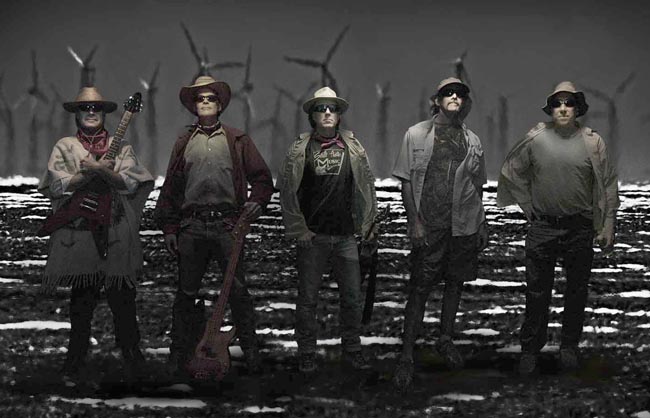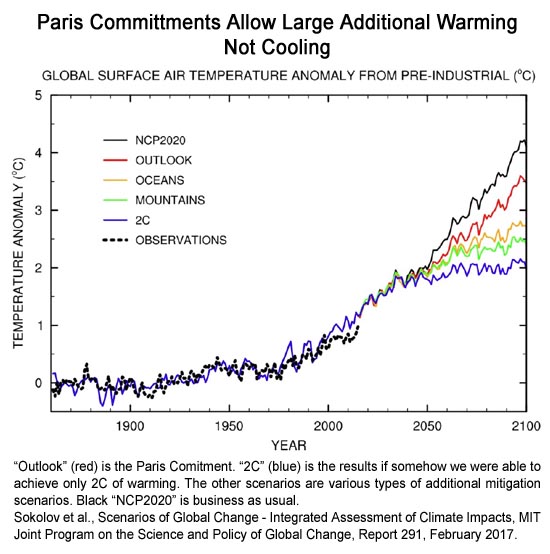
New Evaluation of Climate Models Reveals Abrupt Changes Ahead of Schedule It’s not the averages that will mess up your hair, it’s the gusts. This work on modeling the unmodelable (Drijfhout 2015) is a couple of years old now, but it gives enormous insight into why it is that “ice cube melt climate science” is…


















